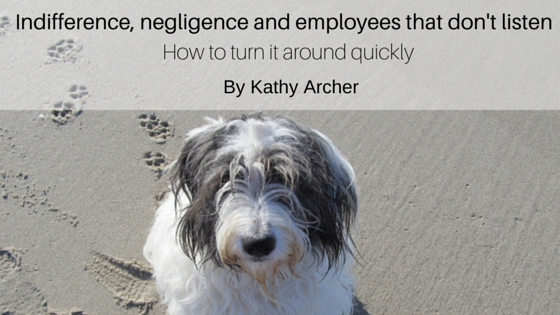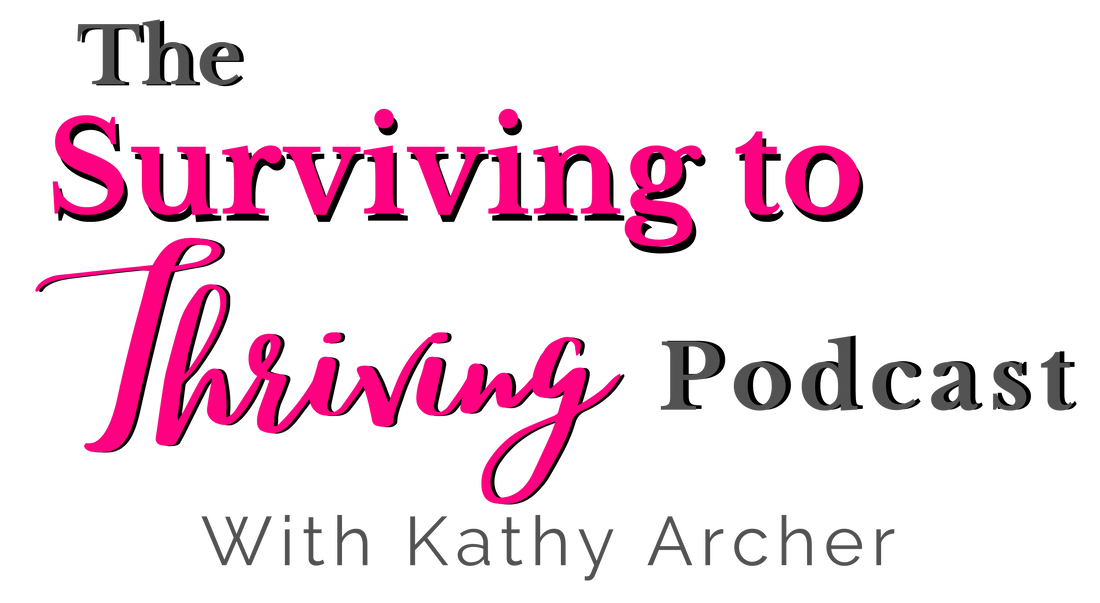|
Do you ever wonder if anyone listens to you? We’ve all had meetings that we have led where behaviors of employees after the meeting, clearly indicates those in attendance weren’t paying attention. It is extremely frustrating. If feels like a total waste of time. Consider this though, maybe they were listening, in fact, very closely. Perhaps they just somehow misunderstood your intentions. Relax. It isn't that you have done something wrong, I simply want to suggest that you missed one very important step. It is your step, actually, your footprint. See here is the thing, you left a mark on your employees as a result of what you said and how you said it during the meeting. You left an imprint on your team. The problem is, it probably wasn't the impact you desired. Follow along with me to find out how you can add one step so that you get the results you desire. I bet your irritation grows when employees disregard instructions you give The other day I was listening to a leader grumble to me that her employees don’t listen. The leader was discouraged by the indifferent attitude that employees had to her instructions given during a meeting. It was as if those in attendance hadn't even paid attention to what was going on. In the days following the meeting, errors were made, messages were mixed up and many people were increasingly annoyed, including, and maybe especially, the leader. What had happened was that this leader did not have the impact she desired. In fact, after we dissected the situation, she really wasn’t even aware of what she was looking for, other than perhaps, employee obedience. Legacy is defined by how others approach work and life as a result Do you blame others for lack of results? When we don't get the desired results from a meeting our tendency is to blame the employee for not following directions. We are exasperated that once again they didn't listen. We are pretty sure, they simply don't care. The truth is, the results start with you (Don't stop reading now!) Blame however, is ineffective. It only serves to create more tension. In order to get results, you must take responsibility for the outcome of the meeting. Start with looking at your intended impact You need to look at what you want from the other people as a result of your interaction with them. It is like the A, B, C model. A is your antecedent. That is the thing that sparks the whole conversation. It is the point or the why. The B is your behavior. It's not just what you say necessarily. but how you say it, that is even more crucial. Finally, C is the consequence. This simply means, as a result of your behavior, the consequence is your employees subsequent actions or in many cases, lack of action. Really, it's all about your legacy. Your legacy is the impact you have on others. What this says to me is the way people act after a meeting is a result of how you impacted them during the meeting. The way you interacted with them, the manner in which you said things, how you directed them or requested something of them impacts the way they choose to act after the fact. Therefore, the beginning point is actually before the meeting even begins. The one thing you must do before you even enter into an interaction with others is to determine what you want your impact to be after-the-fact. Check out this example of legacy at work Maybe as part of your meeting you are introducing a new procedure in which your employees will be required to write reports with a new section added. The truth is, it will add more work for them. Depending on how you approach this conversation you could have a variety of results from your staff members.
It starts will defining your intention before you begin, a meeting The key for you is that before you even enter into the conversation, you must get clear on is how you want your stuff to feel after the conversation. I suspect you do not want them to feel heavy, annoyed, irritated or overwhelmed. Instead my guess is you would like them to feel curious, eager, involved and maybe even excited. The outcome you have will be directly connected to the type of energy you put in, as well as the message and passion you bring to the conversation. Getting really clear on what you want to happen after is extremely important before you even walk into that meeting.
Defining your legacy When you take the time to consider what you want and put the energy into planning more carefully your impact, you will find that you have better outcomes. The way people work as a result of coming into contact with you is your legacy in living breathing day today life. When people can walk out of a meeting curious about a new procedure rather than overwhelmed by more work, this clearly says something about your leadership. Your legacy is the footprint you leave every single day Plan your footprint carefully ahead of time. After the fact it's often too late. Consciously, intentionally, preplan the impact do you want on those around you. Are you willing to do the work in advance? The reminder here is simply this: The way people behave and act has a direct connection to the way you lead. If you want to different behaviors and actions from your employees, then you must intentionally and ahead-of-time plan the impact you will have them and their behaviors. It really is up to you. Question:
What is the feeling you want to leave your employees with as a result of an upcoming conversation you will have? Consider what will be required of you, to get that impact. Share in the comments below, the results of being more intentional before entering into a conversation.
0 Comments
Your comment will be posted after it is approved.
Leave a Reply. |

Available on Amazon
Archives
May 2024
|
|
Leadership TRAINING for Nonprofit Leaders
Become a confident and competent nonprofit Leader: Join The Training Library membership Executive and Leadership COACHING Leadership Coaching for Nonprofit Executives, Leaders and ManagerCoaching |
PODCAST for Nonprofit Leaders
The Surviving to Thriving podcast: Strategies, systems and support to lead your nonprofit with confidence FREE RESOURCES to Grow your Leadership Skills Free Leadership Training Resources, Worksheets and Templates |
Become a CONFIDENT LEADER
|




 RSS Feed
RSS Feed
